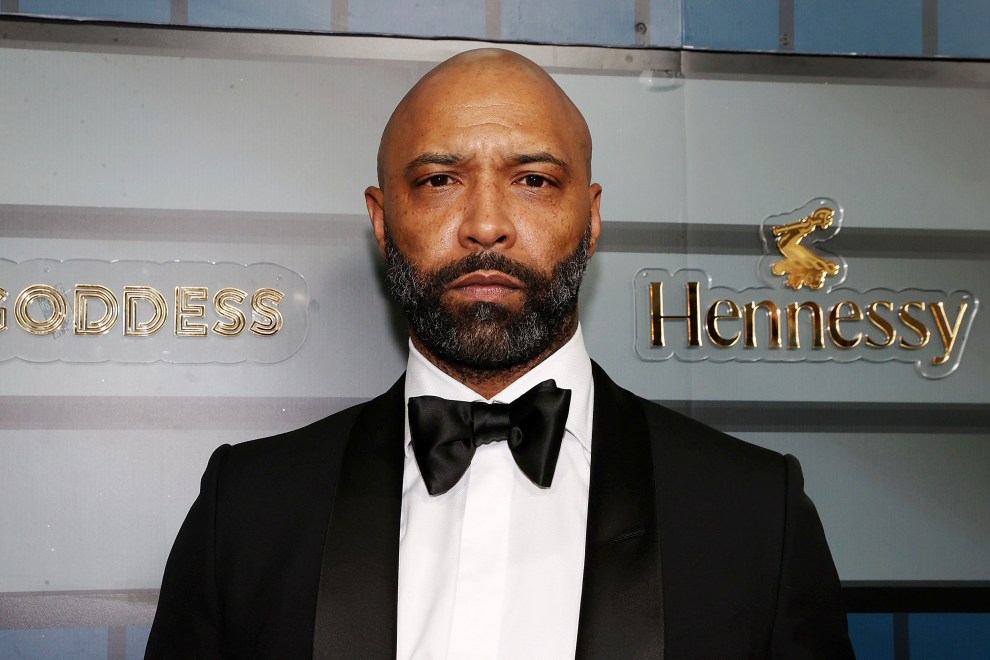Joe Budden has expressed his views on the ongoing feud between Kendrick Lamar and Drake, suggesting that Drake has been “used as a shield” obscuring deeper issues in the industry. The rivalry between Kendrick and Drake has captured widespread attention in hip-hop circles, despite momentarily quieting down. Kendrick recently sparked renewed interest with a dynamic performance in LA, featuring numerous special guests, and the filming of a provocative music video titled “Not Like Us” in Compton.
Joe Budden, however, sees the feud as a gateway to a more significant conversation. On a recent podcast episode, he argued that the dispute transcends the individual talents of Kendrick and Drake. For him, it’s about larger themes of cultural representation versus commercial success. Budden characterized Kendrick Lamar as a symbol of cultural authenticity, contrasting him with Drake, whom he portrays as emblematic of commercial viability and mainstream appeal.
In his podcast discussion, Budden candidly admitted his satisfaction with Drake “getting his a** kicked” in the feud, emphasizing that his pleasure stems not from personal animosity towards Drake but from what he perceives as the exposure of underlying industry dynamics. According to Budden, Drake’s role in the feud is symbolic—he represents a broader faction within the music industry that prioritizes commercial success over cultural integrity.
Budden’s comments underscore a belief that the Kendrick-Drake rivalry has become a proxy for deeper tensions within hip-hop, reflecting broader debates about the balance between artistic authenticity and commercial achievement. Despite the personal and artistic dimensions of the feud, Budden asserts that its significance lies in its capacity to illuminate these fundamental industry tensions. His perspective suggests that the outcome of the feud, while pivotal for those directly involved, resonates far beyond individual personalities, serving as a catalyst for critical discussions about the future direction of hip-hop culture.

